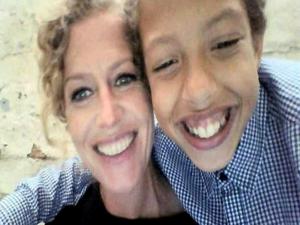
By Q Radio News/ PA
Police in Northern Ireland are not seeking to hide information about the disappearance of schoolboy Noah Donohoe, the region’s police chief has said.
However, Chief Constable Simon Byrne acknowledged a narrative suggesting the PSNI was attempting to conceal answers about Noah’s death was having reputational consequences for the police.
Mr Byrne’s comments came as the officer leading the investigation, Assistant Chief Constable Mark McEwan, said the claim police were bidding to stop relevant information being disclosed to Noah’s inquest “couldn’t be further from the truth”.
Mr McEwan was addressing the ongoing controversy over the prospect of police applying to redact parts of three sensitive files that are to be used in the forthcoming inquest.
Noah, a 14-year-old pupil at St Malachy’s College in Belfast, was found dead in a storm drain in the north of the city in June 2020, six days after he went missing.
Mr Byrne and Mr McEwan answered questions about the case at a meeting of the Policing Board in Belfast on Thursday.
The questions were raised by Sinn Fein board member Gerry Kelly who said the PSNI’s handling of the case was turning into a “seminal moment” for the organisation, as he warned that its reputation was being battered.
“This is something which is doing massive damage to policing,” he said.
At the same meeting, Mr Byrne also addressed a recent furore around the PSNI pursing Noah’s mother Fiona and her sister Niamh over potential Covid-19 rule breaches for their role in organising a memorial walk last year to retrace the schoolboy’s final known journey to Cavehill in the city.
This week officers dropped their original plan to interview the two women this Friday after Mr Byrne asked for the investigation to be reviewed.
The police chief said the PSNI was seeking “legal advice” that he hoped would soon bring clarity on the status of the future of that investigation.
Noah’s family is hoping to secure answers to some of the questions surrounding his mysterious death through the ongoing inquest process, which is still in its preliminary stages.
A date for a full hearing as yet to be set.
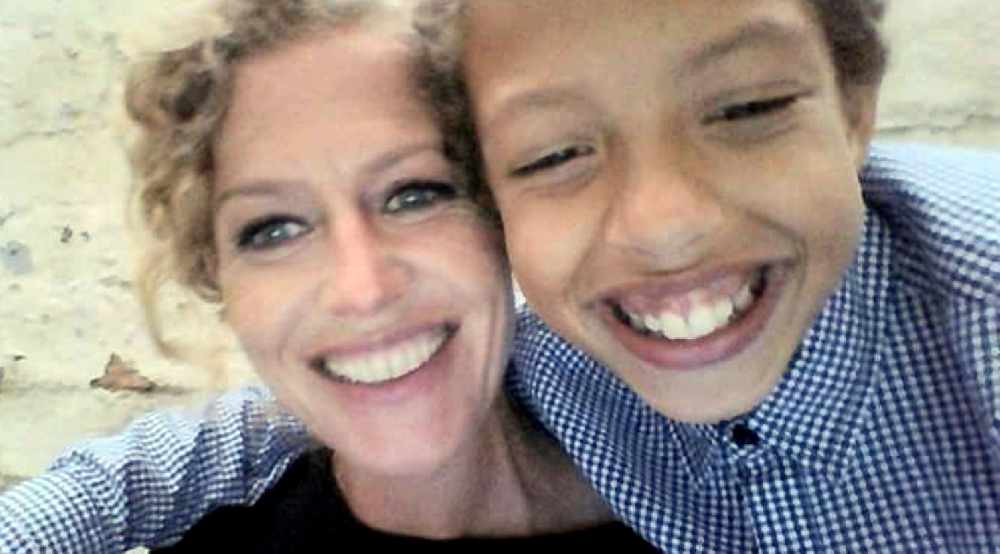
Noah Donohoe with his mother Fiona
His mother Fiona has raised concern about the prospect of the police making an application for public interest immunity (PII) certification to withhold from the inquest some information contained within the three sensitive police files.
She presented a petition at PSNI headquarters last week containing more than 280,000 signatures calling for the files to be released in full.
At Thursday’s board meeting, Mr Byrne stressed that the PSNI had not yet decided to make a PII application.
But he emphasised that only a “small amount” of material was under consideration and stressed that PII was a “usual process” in many inquests.
“I know this is a difficult issue and we may be not getting our message across, but I want to reassure members and indeed the wider public we’re just not seeking to withhold any relevant information from the coroner and indeed Fiona,” he said.
McEwan sought to explain to board members what information the PSNI could potentially seek to redact.
He emphasised any information that was subject to any application would still be seen by the coroner as part of the PII process.
“I want to address a misconception about the three files that are being referred to publicly,” he said.
“There is a belief that we are seeking to remove those three flies in their entirety and in some way keep them hidden from the family. This couldn’t be further from the truth.”
Mr McEwan said the first file contained intelligence documents.
He said the second contained an overview of all police actions in this case, including investigative lines of inquiry and intelligence taskings.
The officer said the third file contained other investigative materials such as officers’ notebooks, conference notes, maps, and professional practice for searching.
He said information that the PSNI may seek to redact under PII included unique reference numbers associated with the intelligence documents.
He said failure to redact those numbers could result in details about certain sources of information getting into the public domain.
He said other than the potential redaction of the reference numbers, the actual contents of the intelligence documents would be released.
The officer said other potential redactions could be made due to legal obligations under the European Convention on Human Rights in relation to the right to life and right to privacy.
He said that could potentially include personal information about witnesses, such as their address or contact details.
Mr McEwan said other potential redactions could relate to police methodology, such as IT technology used in the investigation.
“The reasons that this is important is that these techniques are not only used in cases like this, but they are also used in tackling terrorism and serious and organised crime,” he said.
“We want to protect these capabilities for those reasons and so that when we are sadly called upon to locate vulnerable people in the future, as we have done in this case, we can utilise every method we have available to us.”
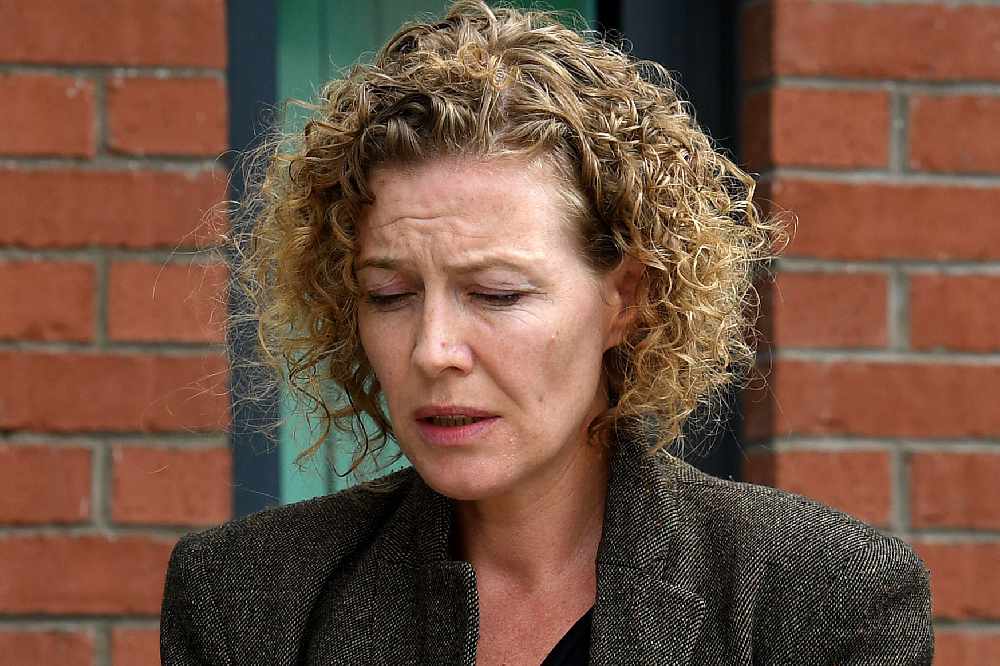
Fiona Donohoe
Mr Byrne said he understood Fiona Donohoe’s perspective.
“I know she resolutely wants to champion and seek answers to her son and who wouldn’t, and I’ve only very recently offered to meet Fiona myself to try and see if I can get a further reassurance,” he said.
Mr Byrne added: “Personally and all of us professionally recognise the sort of scrutiny, pressure, reputational impact this whole sort of tragic series of events is having on policing.”
Mr Kelly said the prospect of the PSNI seeking to withhold information from the coroner was indicative of a “conflict mindset”.
He also drew a parallel with the Met Police’s much criticised handling of the investigation into the murder of black teenager Stephen Lawrence in southeast London in 1993.
“I think this has nothing to do with the conflict, this is do with a child and there’s a mother waiting for answers for that length of time,” he said.
“People have said to me, different people from different arenas, have said to me that this is the PSNI’s Stephen Lawrence moment and I certainly think it’s a seminal moment.
“There is a petition which is very, very close to 300,000, I’ve never seen a phenomenon like that.”
Mr Kelly added: “I have spoken to no one who doesn’t believe that the police are hiding something, whatever the facts are.
“Action has to be taken to take that suspicion away.”
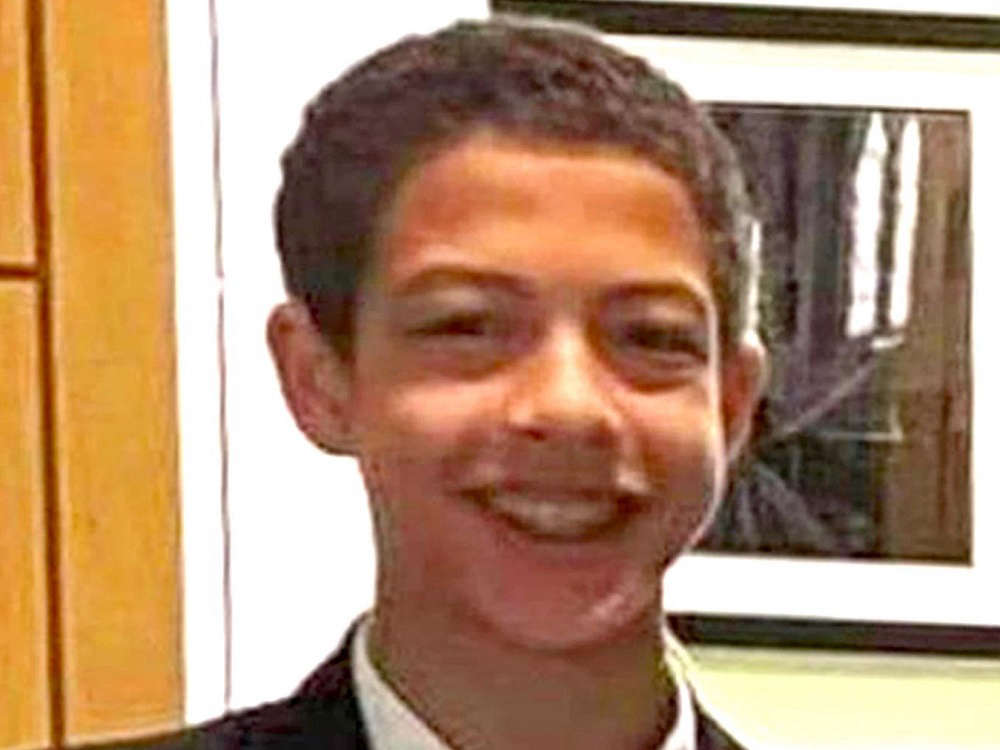
Noah Donohoe


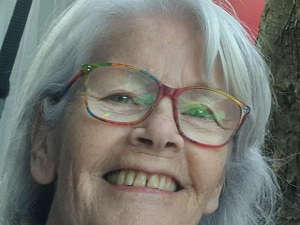 Pensioner, 82, killed in crash near Omagh
Pensioner, 82, killed in crash near Omagh
 Kneecap announce new song ahead of headline performance at London’s Wide Awake
Kneecap announce new song ahead of headline performance at London’s Wide Awake
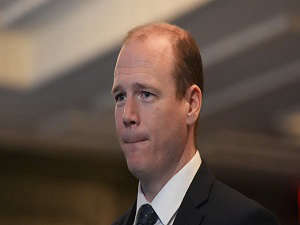 Gordon Lyons to attend first GAA match as Stormont Communities Minister
Gordon Lyons to attend first GAA match as Stormont Communities Minister
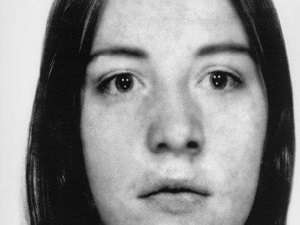 Fresh appeal over 1973 murder of 18-year-old whose body was found in quarry
Fresh appeal over 1973 murder of 18-year-old whose body was found in quarry
 Kneecap say terror charge is ‘carnival of distraction’ and ‘political policing’
Kneecap say terror charge is ‘carnival of distraction’ and ‘political policing’